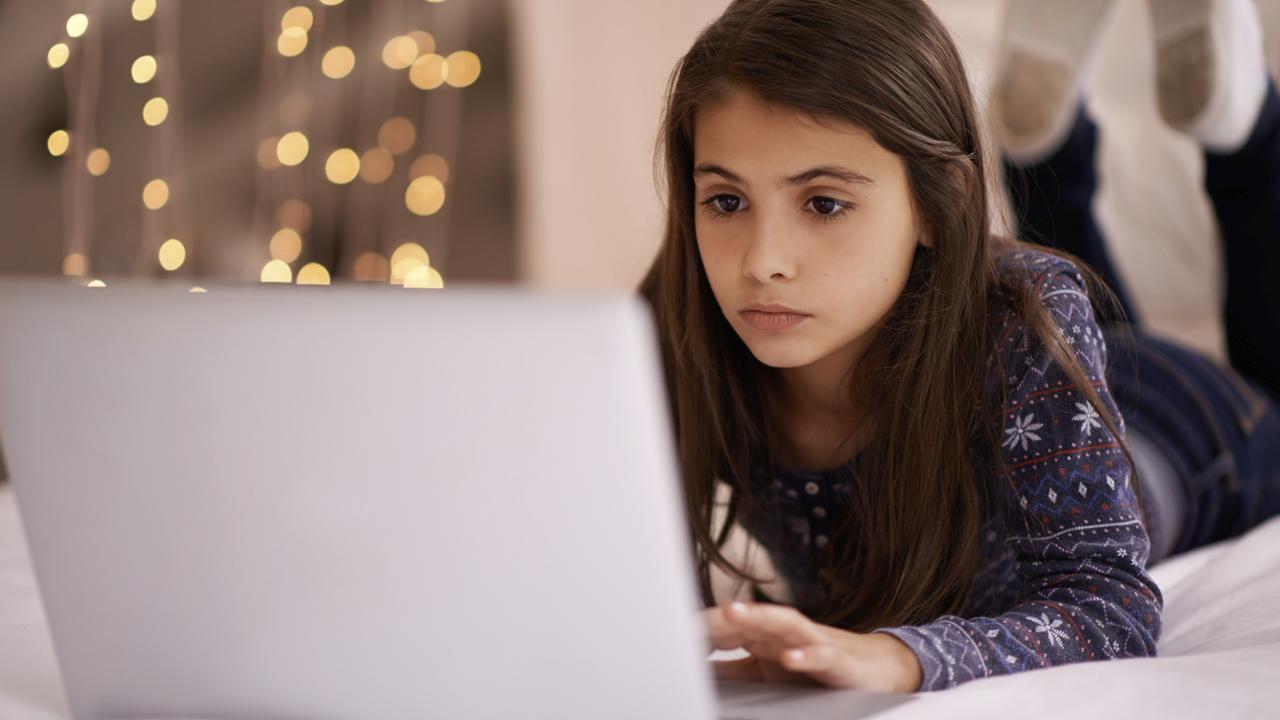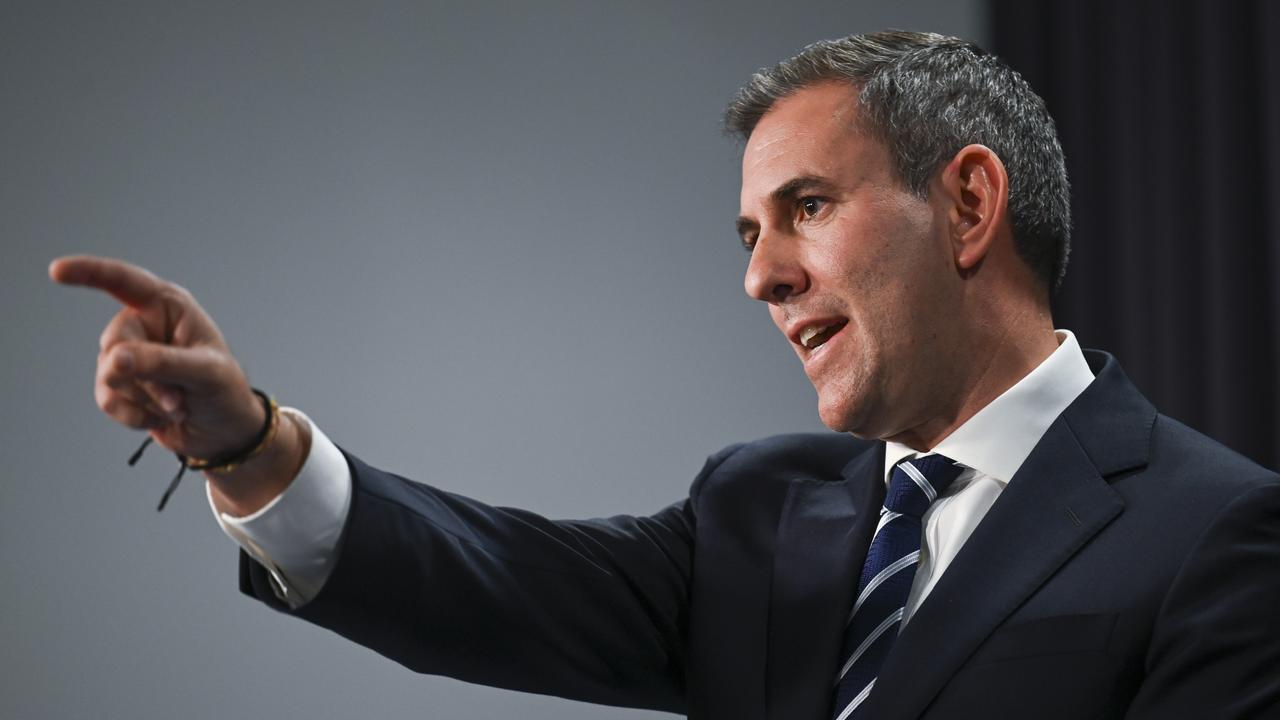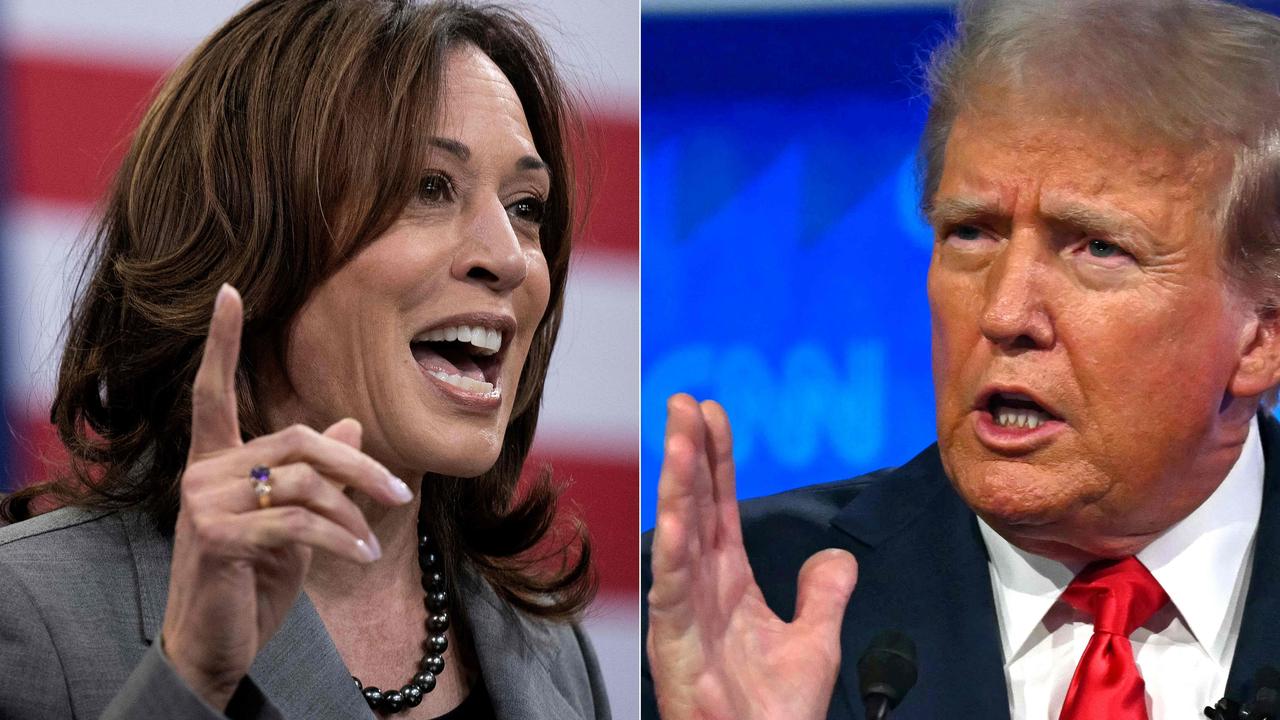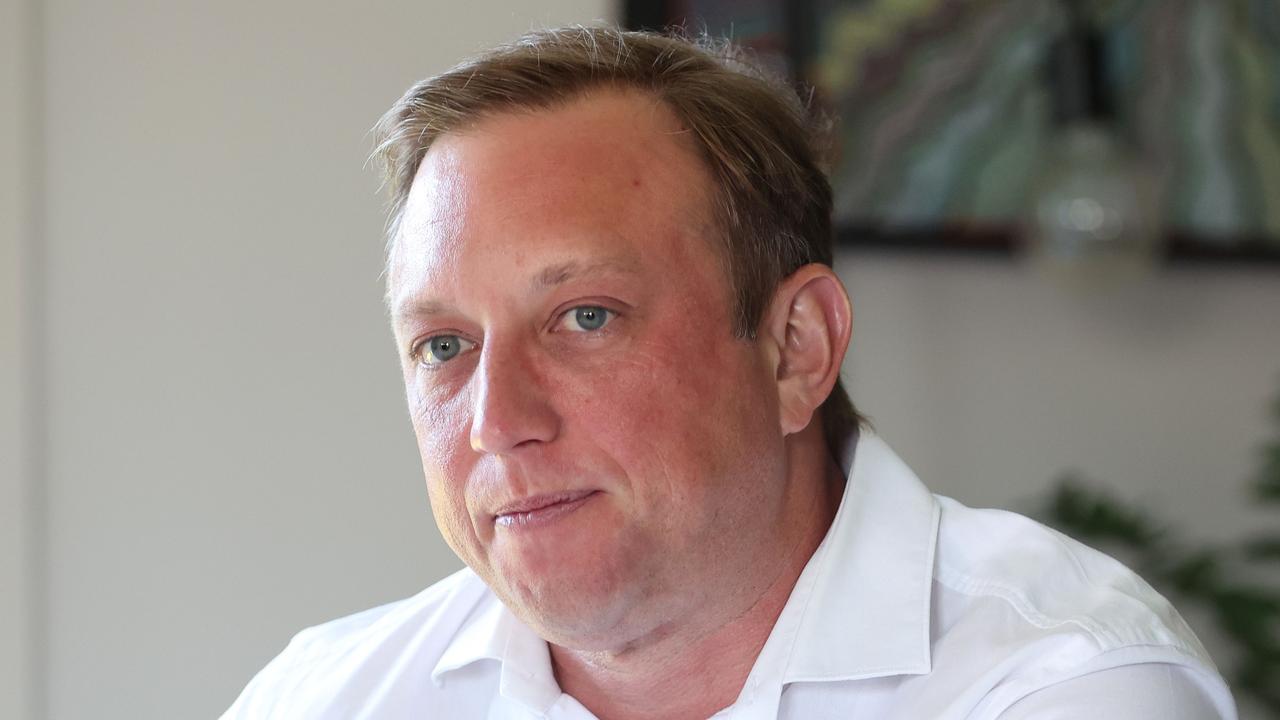Opinion: Social media ban for children under 16 only way forward
Would you put your 13-year-old daughter in a room full of people and let them comment on her looks, body and wardrobe? Of course not, and that’s the reason we need to limit young people’s access to social media, writes Anooska Tucker-Evans.

Opinion
Don't miss out on the headlines from Opinion. Followed categories will be added to My News.
Would you put your 13-year-old daughter into a room full of people and let her be picked apart over her looks and body?
Have them call her names and comment on what she’s wearing? Would you tell her the only way she can gain validation is by the number of people who like her?
No, of course you wouldn’t.
But this is what we’re doing by giving our kids access to social media.
I fiercely believe that children should not be able to use social media until at least the age of 16.
Why? Because as a woman who spends a lot of time on various platforms for work and pleasure, I see what a terrifying, manipulative, destructive, unsafe and life-changing space it can be.

I grew up before Instagram and TikTok. As a teenager, my main source of media was the occasional Dolly or Girlfriend magazine I would score in an Ekka showbag or I would borrow from a friend at school perhaps a few times a year.
Devouring the pages and looking at the advertising campaigns featuring young girls with flawless skin, perfect teeth and bodies I could only dream of was often enough to make me feel like I wasn’t “pretty enough”.
Now with social media, girls with flawless skin, perfect teeth and bodies I could only dream of are in the palm of your hand every second of every day.
Beauties from all over the world flood your feed and the more you look at them, the more the algorithms pump the images into your account.
Then there’s the endless array of filters these social media platforms promote, making your nose thinner, lips fuller and skin more glowy to adhere to some artificially conceived ideal of beauty.
As an adult I feel myself being manipulated by this contrived narrative, so tell me, as a teenage girl being bombarded by this every time you reach for your phone, how can you ever feel “pretty enough”?
But it’s not just girls.
A recent Canadian study found increased screen and social media time led to the development of a poor body image with boys and young men also.

Constantly being exposed to hyper fit personal trainers with broad shoulders and six-packs online leads many to suffer with muscle dysmorphia, believing they are weak even if they are fit and healthy.
Research has also revealed that greater access to social media is associated with depression, anxiety, physical inactivity, higher body mass index, poor body image and eating disorders.
So why on earth would we want to expose our children to this?!
Social media is also a place for bullies to not only run free but rule.
Bullying has been going on for as long as time, but when I was a kid, if you were bullied at school, you could go home and escape it.
Not now. Now it follows you into your living room, your bedroom, into what once was a safe space and it can feel relentless and unbearable.
In Australia, government data reveals cyber-bullying is the cause of at least three suicides each week in young people and is the highest cause of death for Australian youth between 5-17 years old.
More than half of all young people have experienced cyber-bullying, which can have high risk factors for depression, suicidal ideation and self-harm.
This is partly due to the fact that the adult brain doesn’t fully develop until around our mid-20s, and it is not until then that we can respond rationally and with good judgment to situations and have awareness of long-term consequences.
But even if your child is not the subject of cyber-bullying, they can be exposed to it every day.

Take a read through the comments on any influencer’s post and you’re bound to come across vile, hateful and simply incomprehensible remarks, ranging from racist slander to shocking death threats made simply because a follower doesn’t like someone’s dance moves or cellulite.
I, as an adult, have been moved to tears by some of the deplorable things that have been slung at others online, so it seems utter madness to me that we would want our children to be exposed to this type of irrepressible malignancy.
Banning social media until children are 16 seems not just the smart way forward, but the only way forward.
Making it illegal means parents no longer have to be the “bad guy” stopping their kid from using it when “all their friends are”.
Mum and Dad can simply say, “I’m sorry honey, just like alcohol, it’s not allowed”.
While there will always be the kid who finds a way around the rules, if the bulk of their peers are no longer using it, will the appeal even still be there?
All we can do is try.
For the three lives lost every week. For the perfectly healthy children battling body dysmorphia and life-threatening eating disorders. For the kids who compare themselves to others and think they’re not enough.
For them, banning social media should be a must.
Originally published as Opinion: Social media ban for children under 16 only way forward







